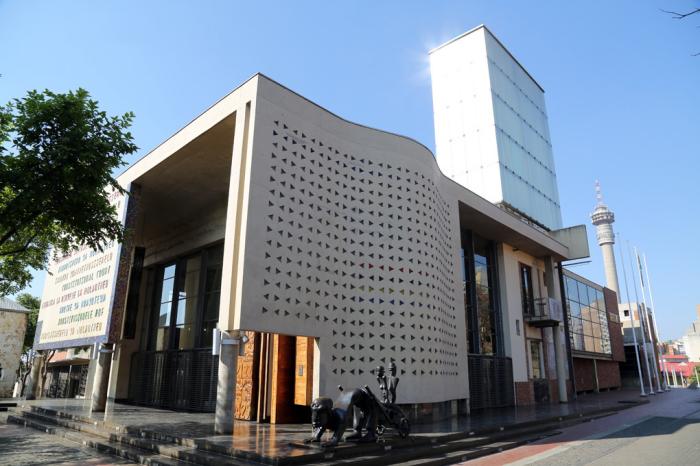The Constitutional Court of Indonesia has reinforced the legal accountability of biological parents who forcibly take their children without proper rights or permission. In a recent ruling, the Court stated that such actions fall under Article 330, paragraph (1) of the Indonesian Criminal Code (KUHP). This landmark decision, articulated by Constitutional Justice Arief Hidayat, addresses concerns over legal ambiguities surrounding parental rights and child custody.
Context of the Ruling
This ruling was a response to a judicial review concerning Article 330, paragraph (1) of the Criminal Code, which several petitioners argued created uncertainty in legal interpretations. The decision stems from a case initiated by five divorced mothers—Aelyn Hakim, Shelvia, Nur, Angelia Susanto, and Rosan Kaish Sadanggani—who claimed that the wording of the law allowed biological parents to escape accountability for kidnapping their own children.
The Petitioners’ Claims
The petitioners highlighted a specific phrase in the law—“whoever it is”—which they argued could be misinterpreted to imply that biological parents could not be charged with kidnapping their children. Their personal experiences underscored this concern; despite having legal custody of their children, these mothers faced difficulties when attempting to report alleged abductions by their ex-husbands, who claimed parental rights.
When the mothers attempted to file reports with law enforcement under Article 330, they were met with resistance, as police often cited the biological relationship as a barrier to prosecution. This led the petitioners to seek clarification from the Constitutional Court, aiming to ensure that the law explicitly included biological parents in the definition of potential offenders.
The Court’s Interpretation
During the proceedings, Justice Arief Hidayat emphasized that Article 330, paragraph (1) is clear in its application. The Court clarified that the phrase “whoever it is” encompasses all individuals, including biological parents, thereby asserting that they can be prosecuted for actions deemed illegal under this statute.
Arief explained, “If the taking of children by biological parents, who do not have custody based on a court decision, is carried out without the knowledge and permission of the custodial parent—especially through coercion or threats—then it constitutes a violation of Article 330, paragraph (1) of the Criminal Code.”
Legal Implications
This ruling carries significant implications for family law and child protection in Indonesia. The Court’s decision underscores the necessity for law enforcement to accept and investigate reports of child abduction, regardless of the biological relationship between the parties involved. Justice Arief noted, “There should be no doubt for law enforcers, especially police investigators, to accept any reports regarding the application of Article 330, paragraph (1).”
The Court’s interpretation reaffirms that biological parents are not above the law and can be held accountable for unlawful actions. This is particularly crucial in cases of domestic disputes, where children are often caught in the crossfire of parental conflicts.
Public Reaction and Legal Precedent
The decision has been met with widespread approval among advocates for children’s rights and legal experts. Many view it as a vital step toward ensuring the protection of children in contentious custody situations. By clarifying the legal responsibilities of biological parents, the Court aims to eliminate ambiguity that could lead to further injustices.
Furthermore, this ruling sets a significant legal precedent, reinforcing the idea that parental rights do not exempt individuals from criminal liability. The decision encourages a more rigorous enforcement of child protection laws and highlights the importance of safeguarding children’s welfare above parental claims.
Conclusion
The Constitutional Court’s ruling on Article 330, paragraph (1) of the Indonesian Criminal Code serves as a pivotal moment in the legal landscape surrounding child custody and parental rights. By affirming that biological parents can be prosecuted for forcibly taking their children, the Court has taken a strong stance in favor of child protection.
This decision not only addresses the concerns raised by the petitioners but also strengthens the legal framework for protecting children in situations of familial conflict. As the implementation of this ruling unfolds, it is expected to foster greater accountability among parents and provide a clearer path for law enforcement in handling cases of child abduction.
Ultimately, this landmark ruling reinforces the principle that the best interests of the child must remain paramount, ensuring that all parents, regardless of their biological relationship to the child, are held accountable under the law.
Related topics:


